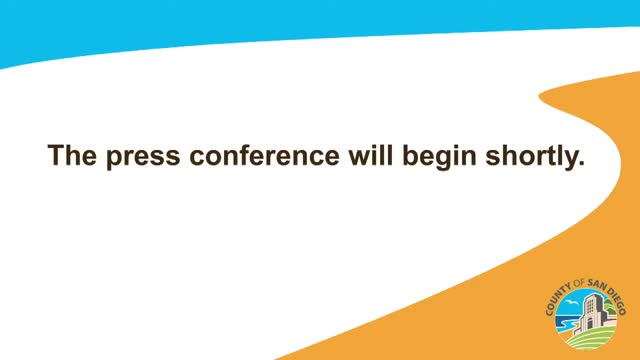Groundbreaking held for Union Tower, 94-unit union-built affordable housing in National City
Get AI-powered insights, summaries, and transcripts
Subscribe
Summary
San Diego Building Trades Family Housing Corp. and partners broke ground on Union Tower, a 94-unit affordable housing redevelopment in National City that includes 24 units for veterans experiencing homelessness and financing from AFL-CIO Housing Investment Trust, JPMorgan Chase, and county and state programs.
San Diego Building Trades Family Housing Corporation and development partner Wakeland Housing and Development Corporation held a groundbreaking ceremony in National City for Union Tower, a 94-unit affordable housing redevelopment that will reserve 24 units for veterans experiencing homelessness and will be built with 100% union labor.
The project unites the nonprofit owner-operator National City Park Apartments (NCPA), Wakeland as developer, AFL-CIO Housing Investment Trust (HIT), JPMorgan Chase as construction lender in partnership with HIT, the County of San Diego, and state funding sources. "It's gonna be built well because it's built by unions," U.S. Rep. Juan Vargas said at the ceremony, adding that the project demonstrates how local, state and federal partners can work together on housing.
Why it matters: The redevelopment replaces two aging buildings demolished in recent weeks with two new buildings and community space. Organizers said Union Tower will add 94 apartments (24 three-bedroom units, 24 two-bedroom units, 45 one-bedroom units) and include services and onsite supports. Project partners said the financing package and public subsidies helped close a longstanding gap that had delayed the site’s redevelopment for years.
Key facts and financing: Ted Chandler, senior managing director at AFL-CIO Housing Investment Trust, said HIT is investing $27,000,000 in Union Tower and that a requirement of the fund is 100% union labor on projects it finances. Eri Kamiyama of Chase Community Development Banking said Chase is providing construction financing in partnership with HIT. Caroline Smith, interim deputy chief administrative officer for the County of San Diego Health and Human Services Agency, said the county provided a $3.5 million investment from its Innovative Housing Trust Fund and allocated 24 project‑based vouchers for the development. State Treasurer Fiona Ma noted the role of state tax-credit programs in financing affordable housing and congratulated the partners.
Project impact and jobs: Organizers said construction and long-term employment connected to the site will prioritize union jobs; Carol Kim, CEO and chair of the San Diego Building Trades Family Housing Corporation / National City Park Apartments, said the project would provide "up to 275 high quality union construction and permanent jobs for local residents and workers." Wakeland representatives and several public officials emphasized the project's focus on both housing and career pathways.
Partners and roles: Wakeland Housing and Development Corporation is the lead developer; National City Park Apartments is the owner-operator initiating a multistage redevelopment plan that organizers said could reach as many as eight phases and 1,200 total units over time. AFL-CIO Housing Investment Trust is a primary equity investor; Chase is a co-lender for construction financing. Project counsel, transaction advisors and in-house NCPA staff were also named at the event.
Timing and next steps: Speakers said demolition of two existing buildings was complete and construction will begin on the two new buildings forming this phase. Organizers described additional phases as contingent on future financing and approvals; no specific construction completion date was announced at the ceremony.
Quotes from partners at the event were limited to those who spoke on the record at the podium: Carol Kim (CEO and chair, San Diego Building Trades Family Housing Corporation / National City Park Apartments), Rebecca Louie (CEO, Wakeland Housing and Development Corporation), Congressman Juan Vargas (U.S. Representative, CA-52), Fiona Ma (California State Treasurer), Caroline Smith (Interim Deputy CAO, County of San Diego Health & Human Services Agency), Eri Kamiyama (Chase Community Development Banking), and Ted Chandler (Senior Managing Director, AFL-CIO Housing Investment Trust). The ceremony concluded with a ceremonial groundbreaking and group photographs.
Ending: Organizers described Union Tower as the first phase of a broader redevelopment strategy for National City Park Apartments and urged continued public and private collaboration to replicate the model elsewhere. No formal votes or legislative actions were taken at the event; the ceremony celebrated financing commitments, public subsidies and project partners moving the site into construction.
